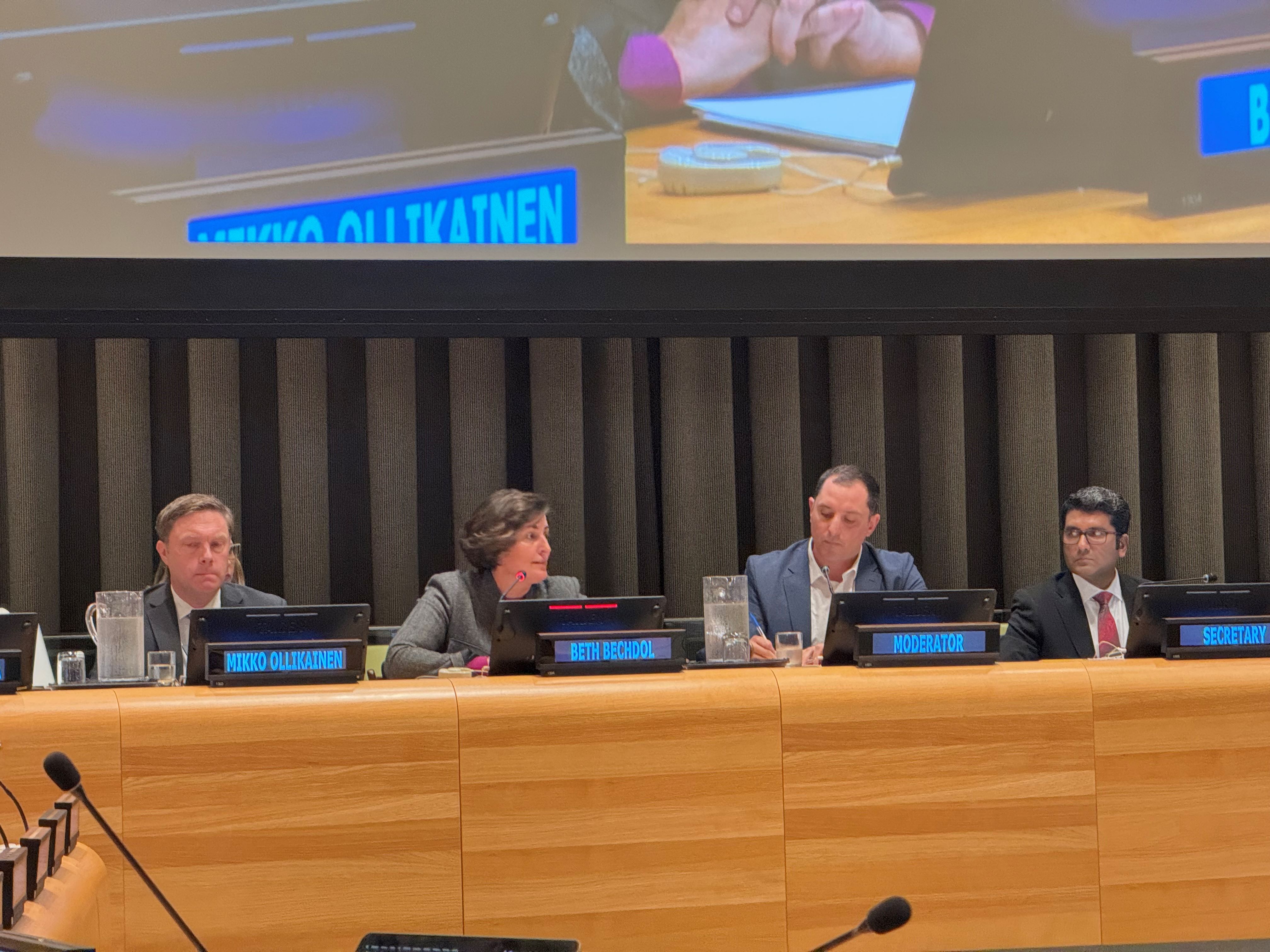Over the weekend, the world’s attention was gripped as a well-equipped Russian private military company led by Yevgeny Prigozhin seized control of a key Russian city and military hub, and marched on Moscow.
Russian president Vladimir Putin gave a televised speech, calling Prigozhin a traitor who was “stabbing Russia in the back”.
It seemed that a real coup attempt was underway and Putin’s leadership was in real jeopardy.
But, within 24 hours, it was all over and much of the world was left scratching their heads. Prigozhin had secured a deal for himself and his troops were heading back to their camps.
What happened?
The Prigozhin affair was neither a serious coup nor challenge to President Vladimir Putin’s authority. It was instead Prigozhin’s attempt to secure his own position in his ongoing feud with the Minister for Defence, Sergei Shoigu.
The whole thing reveals a much deeper truth about Putin’s Russia: the weakness of mechanisms for peacefully resolving high-level, intra-elite disputes. As the war in Ukraine drags on, this creates an increasingly dangerous situation for Putin and the stability of the Russian state.
Resolving elite disputes
Why are there no regularised mechanisms for resolving intra-elite disputes in modern Russia?
Russia has strong similarities to the ‘dual state‘ in Nazi Germany. In the German ‘prerogative’ state, disputes were resolved by Adolph Hitler and the Nazi Party through methods unchecked by any legal or institutional guarantees.
In the ‘normative’ state, by contrast, courts resolved non-politically charged disputes according to the law.
The dualist state had evolved to allow Hitler and the Nazi Party to exercise their unlimited prerogative power in high-level disputes. But in matters that did not directly involve high level, political interests, the old ‘normative’ state continued to operate.
The Nazi party needed this normative state to predictably and reasonably regulate commercial disputes; it is next to impossible to organise a large system of market capitalism where there is no underlying consensus and trust among stakeholders on the predictability of outcomes if these vary from case to case.
Contemporary Russia has evolved in a similar direction.
Putin and his supporters use the prerogative state to ensure that they have unchecked power to settle disputes that threaten their power.
But, in other disputes that do not make the headlines or impact major political players, legal institutions still function.
Political scientist Professor Peter Solomon writes that “the cases that matter [politically] represent a small minority of the total, and most cases are handled fairly and expeditiously“.
The Prigozhin affair
The ‘Prigozhin affair’ grew out of an intensifying intra-elite feud between Prigozhin and the Minister for Defence, Sergei Shoigu.
This kind of elite feuding is highly common in Putin’s Russia. In fact, elite splits enhance Putin’s power by decreasing the possibility of a strong challenge to his power and making him the ultimate arbiter.
For months, Prigozhin knew he could get away with this criticism because he was useful to the war effort. His contributions to the war – and particularly the role of his private military company Wagner in the capture of Bakhmut – gave him leverage that guaranteed his safety.
But, in recent weeks, it appeared that he was losing this leverage.
In the days before his ‘mutiny’, Prigozhin found out that his private military company (Wagner) would be absorbed into the Russian military. Rumours were also swirling around that Prigozhin would soon be arrested and put in jail.
Seeing his position weakening, Prigozhin – a convicted criminal who served time in prison – understood the logic of the prerogative state. There were no regularised ways of defending his position.
The best lawyers in Russia could not save him. Any criminal proceeding against him would be pre-determined and a mere formality before a very long jail sentence.
In the end, the currency of the Russian prerogative state was force and power. He had to flex his power while he still had it.
His march on Moscow was therefore not a coup meant to challenge Putin or topple the Russian state. In fact, his public statements carefully avoided criticising Putin. His actions were instead a way to protect his own interests.
And they paid off.
The Russian army was caught off guard and his forces were able to seize a key Russian city (and military hub) in the south and begin to move toward Moscow. But throughout, all sides avoided serious confrontation; it looked like everyone understood what was happening.
Prigozhin was manouvering for a deal. And he got one.
What does this mean?
The ‘Prigozhin affair’ shows the changing nature of Russia’s dual state.
Since the war started, the Russian prerogative state has expanded. This has advantaged Putin and his supporters by allowing them more space to crack down on opposition to the regime.
Perhaps the best example is a blatantly unconstitutional law that has been used to punish thousands of Russians for criticising the war.
But the Prigozhin affair also shows the perils of this expanding prerogative state.
In a time of war, key members of the Russian elite themselves are personally enlisted in the war effort. In fact, they are increasingly forming their own private military companies to shore up the military’s war effort.
In this environment, intra-elite disputes are far more dangerous than they were before.
Although claims that this is the beginning of the end for Putin are premature, it is clear that Putin has a growing problem. If he cannot develop a more effective way of resolving intra-elite disputes, he (and the Russian state along with him) might very well be destroyed by the very war he started.







